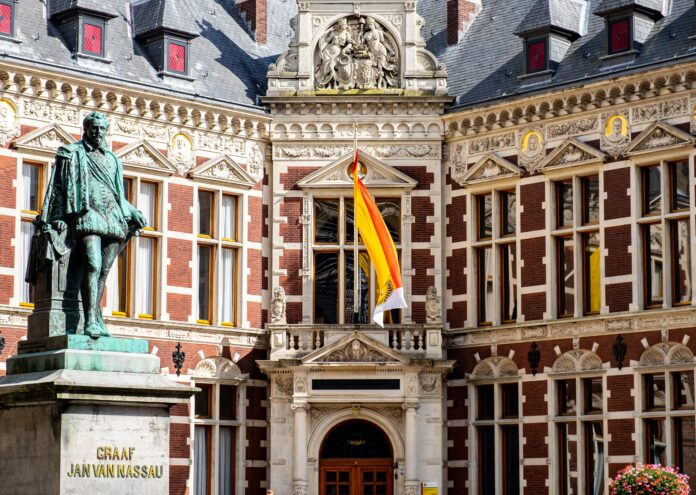The Netherlands, a country known for its rich history and vibrant culture, is home to a constitutional monarchy with a long-standing tradition of royal leadership. King Willem-Alexander, who ascended to the throne on April 30, 2013, has been serving as the reigning monarch with dedication and a commitment to modernizing the monarchy. In this article, we will explore the life and reign of King Willem-Alexander, shedding light on his contributions to the Netherlands and his role in the modernization of the monarchy.
Early Life and Education
King Willem-Alexander was born Willem-Alexander Claus George Ferdinand on April 27, 1967, in Utrecht, Netherlands, as the eldest son of Queen Beatrix and Prince Claus. From a young age, he was prepared for his future role as king, receiving a comprehensive education that included attending the Nieuwe Baarnse Elementary School and the Eerste Vrijzinnig Christelijk Lyceum in The Hague. After completing his secondary education, he studied history at Leiden University and earned a degree in history in 1993. His education included a period of military service in the Royal Netherlands Navy.
Marriage and Family
On February 2, 2002, King Willem-Alexander married Máxima Zorreguieta Cerruti, an Argentine investment banker, and economist. Their wedding was a grand affair attended by dignitaries from around the world, solidifying a strong bond between the Netherlands and Argentina. The royal couple has three daughters: Princess Catharina-Amalia, Princess Alexia, and Princess Ariane.
Reign and Modernization
King Willem-Alexander’s reign began on April 30, 2013, following the abdication of his mother, Queen Beatrix. Since ascending to the throne, he has focused on modernizing the monarchy and connecting with the Dutch people. He has been actively involved in various aspects of Dutch society and has worked to bridge the gap between the royal family and the public.
One significant development during King Willem-Alexander’s reign was the reduction of the royal stipend, a move that was aimed at making the monarchy more cost-effective and transparent. Additionally, the king has taken steps to adapt to the changing media landscape, using social media platforms to engage with the public and share insights into the royal family’s activities.
Moreover, King Willem-Alexander has represented the Netherlands on the international stage, fostering diplomatic relations and participating in state visits to various countries. His efforts have helped strengthen the Netherlands’ position in the global community.
Humanitarian Initiatives
King Willem-Alexander and Queen Máxima are known for their dedication to humanitarian causes. They have been involved in numerous initiatives, both nationally and internationally. Queen Máxima, in particular, has focused on financial inclusion and has served as the UN Secretary-General’s Special Advocate for Inclusive Finance for Development.
King Willem-Alexander’s reign as the monarch of the Netherlands has been marked by a commitment to modernization, a strong connection with the Dutch people, and a focus on humanitarian causes. With his dedication to his role, he has played a crucial part in maintaining the relevance and importance of the Dutch monarchy in the 21st century. As the Netherlands continues to evolve, King Willem-Alexander remains a symbol of unity and tradition for the nation.
Views: 46






